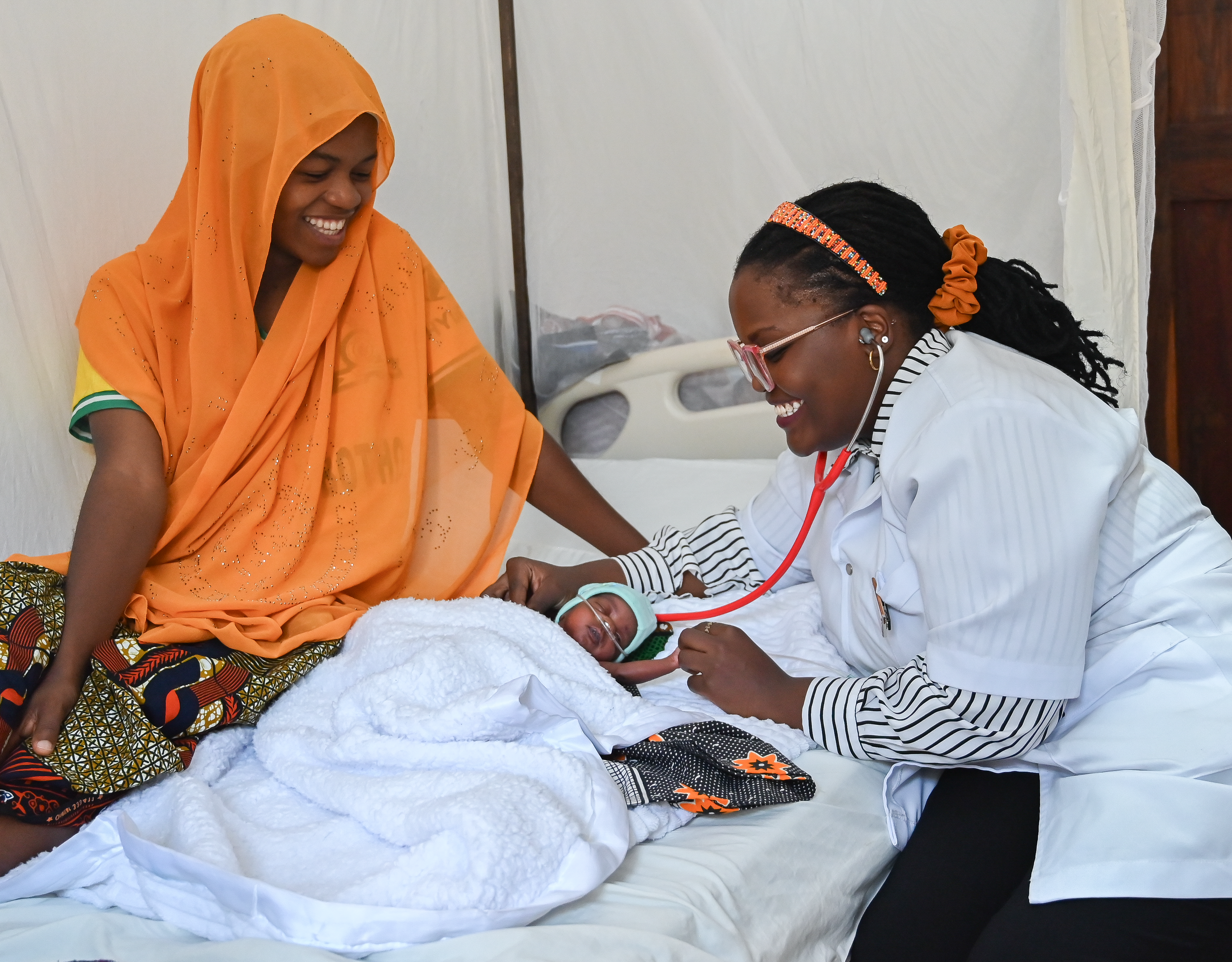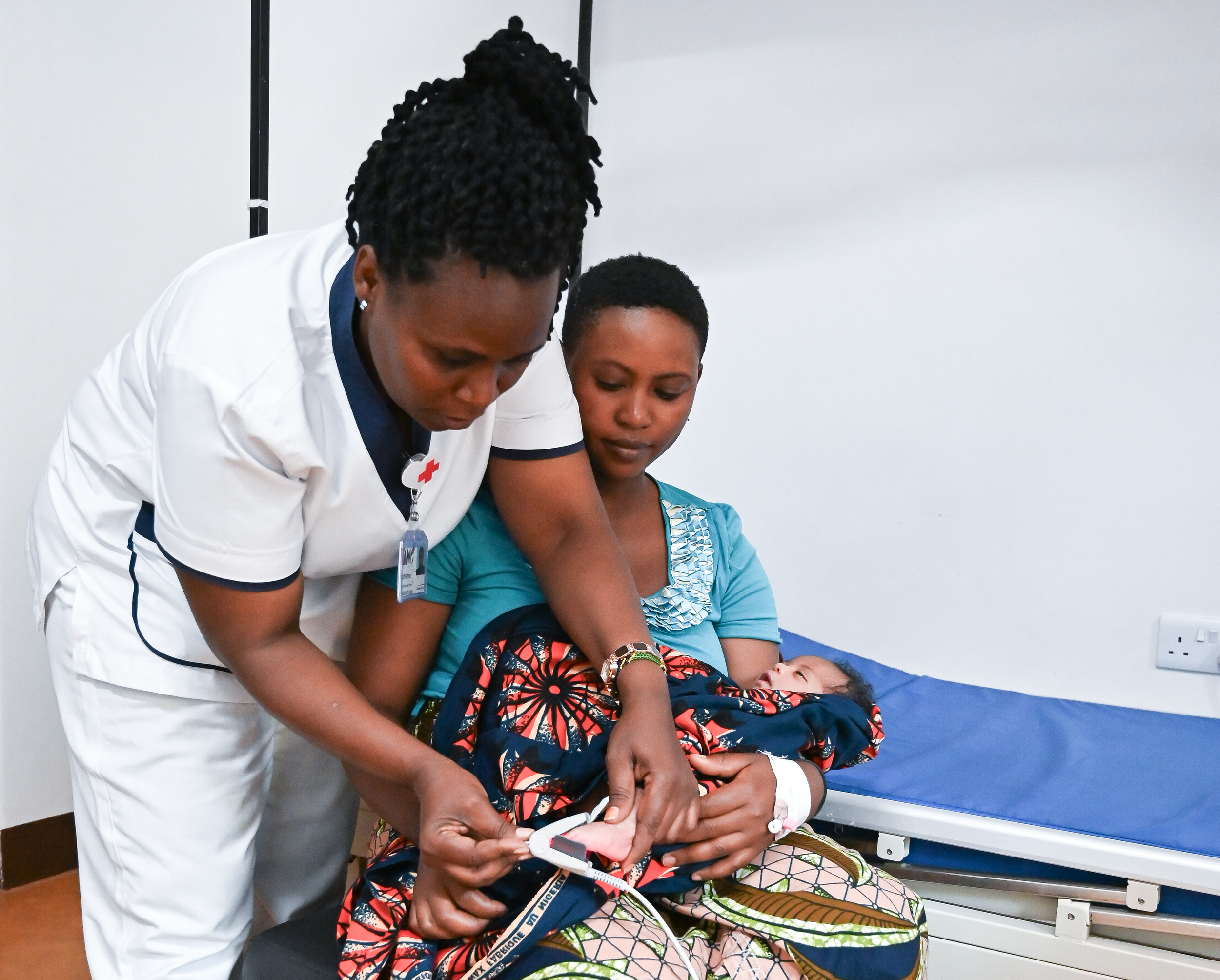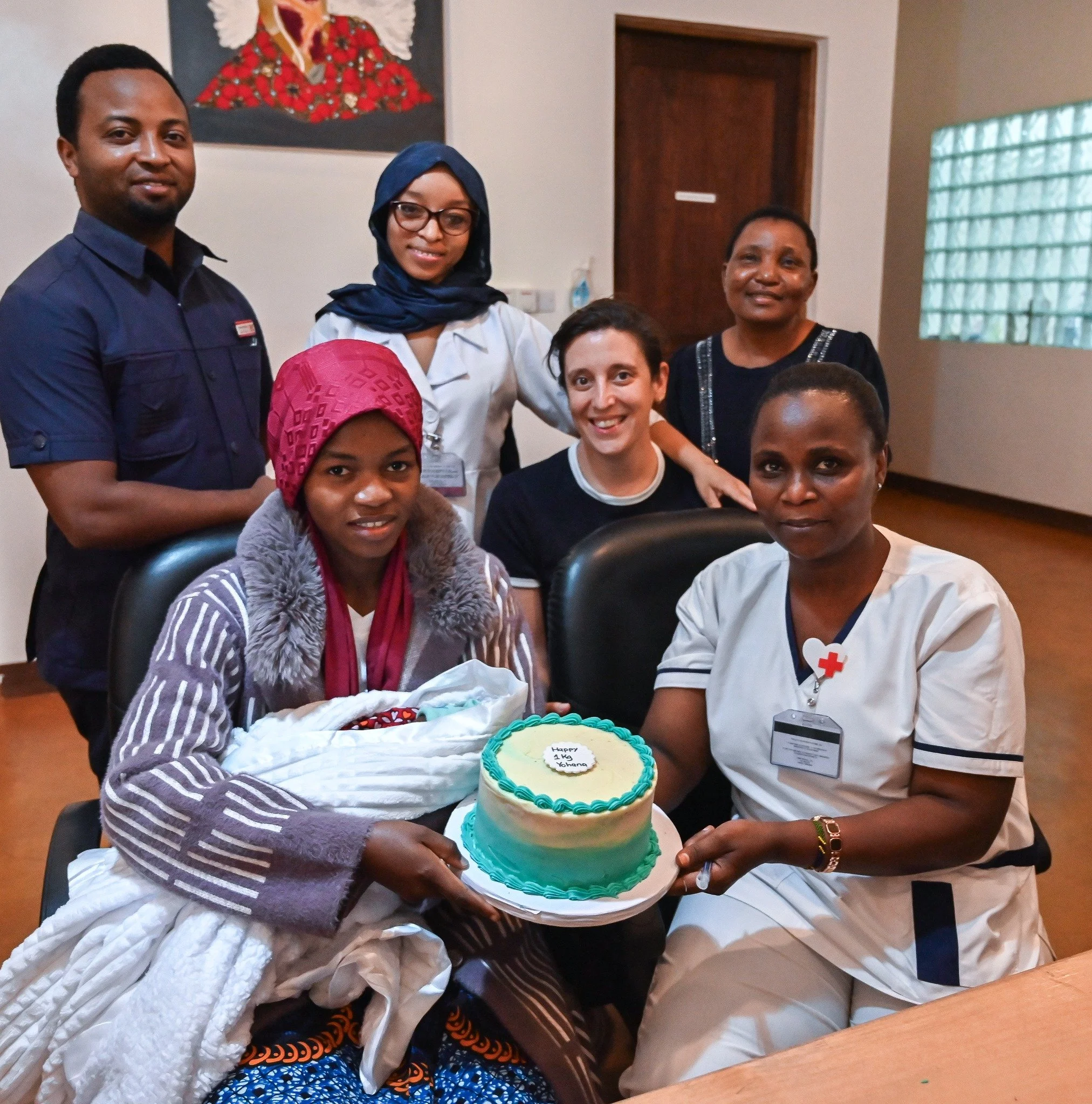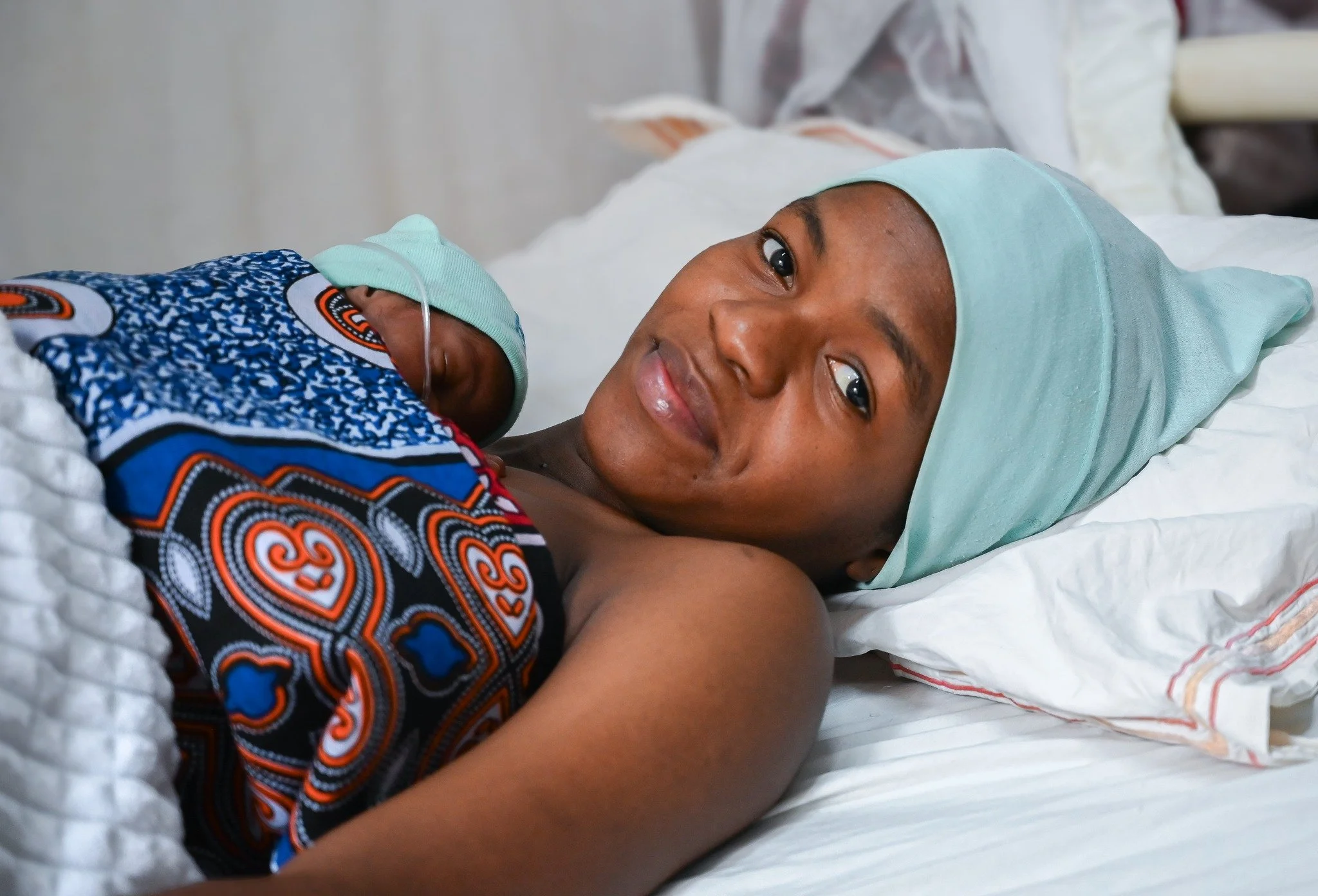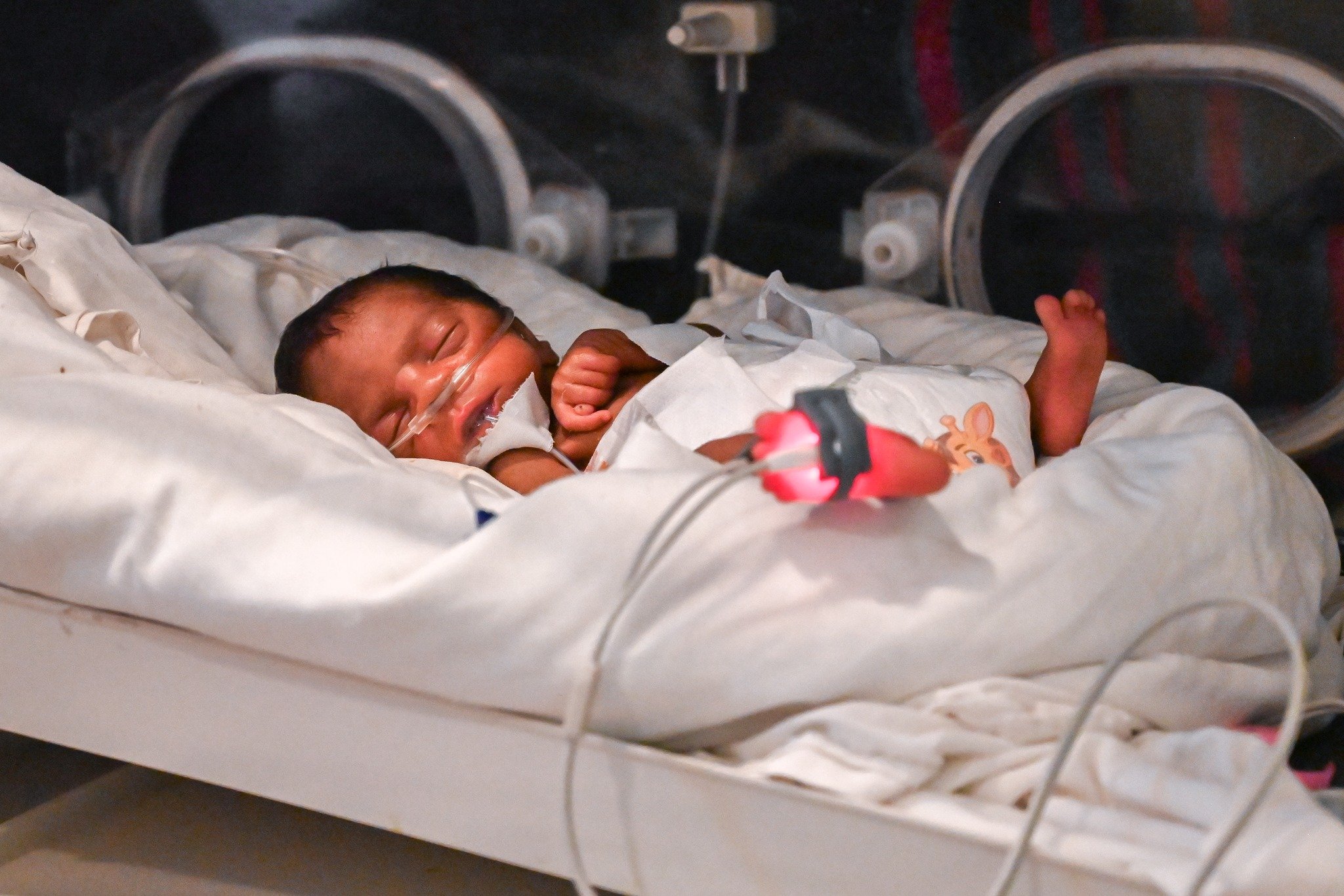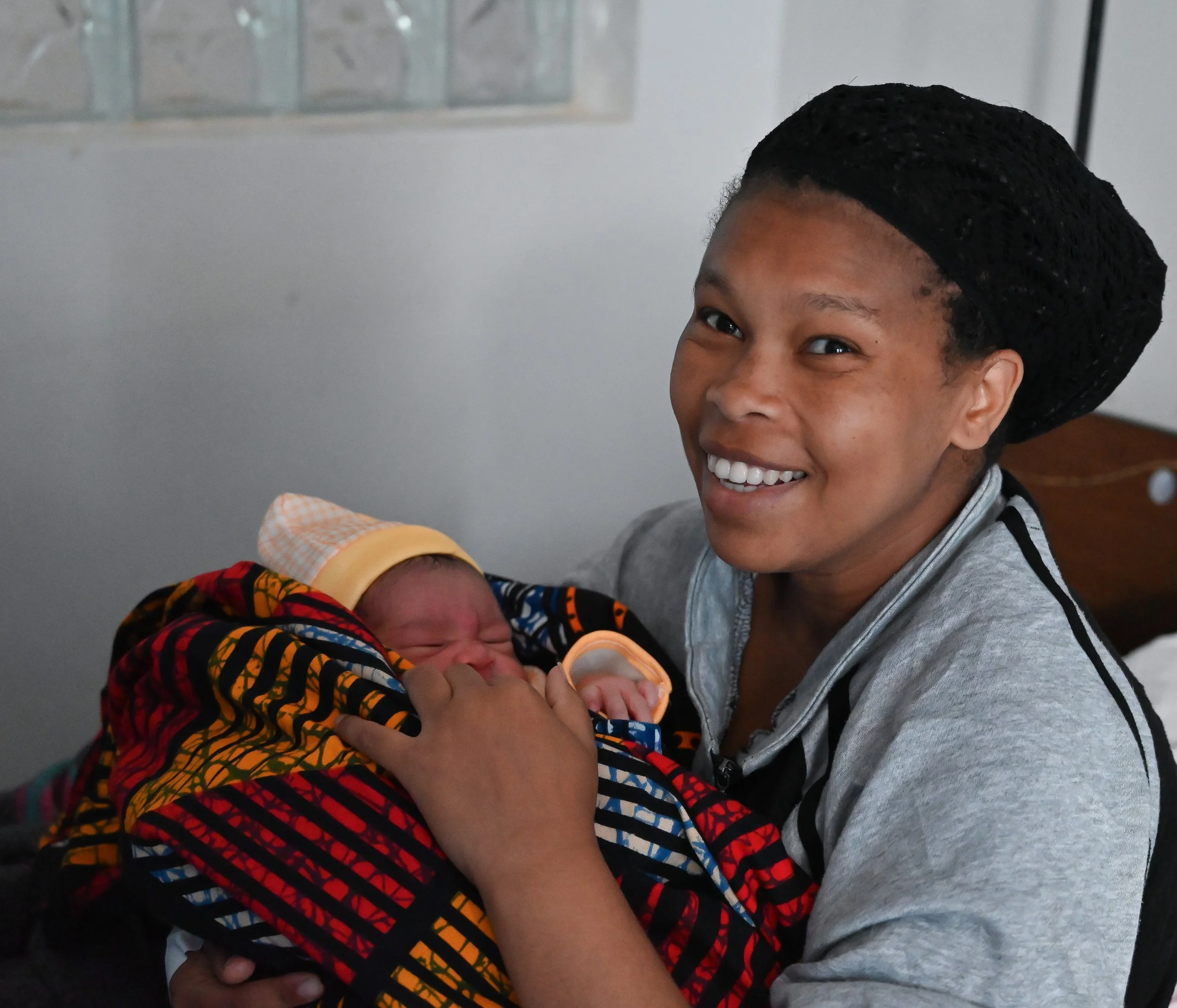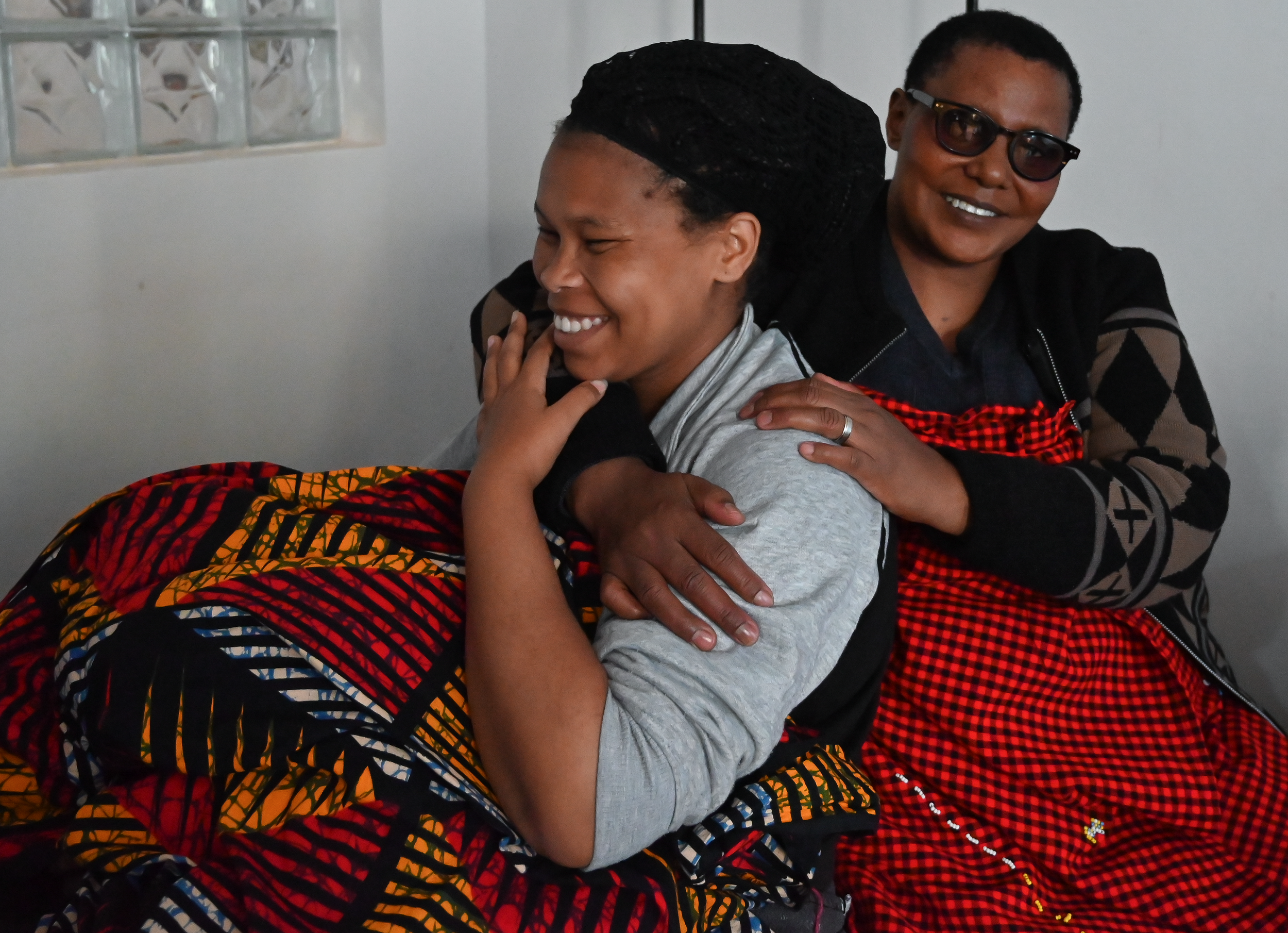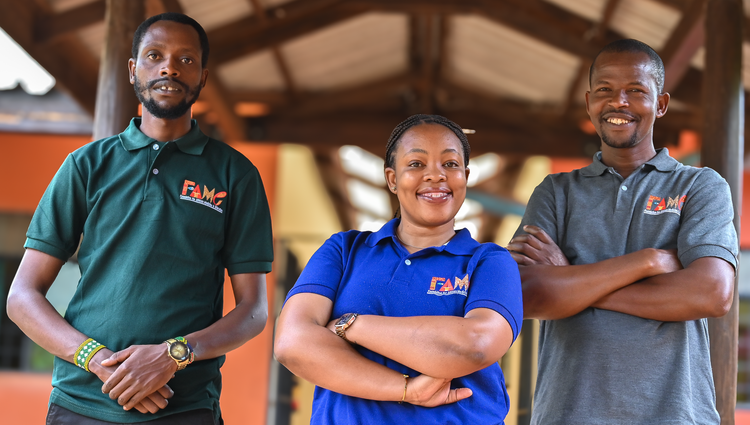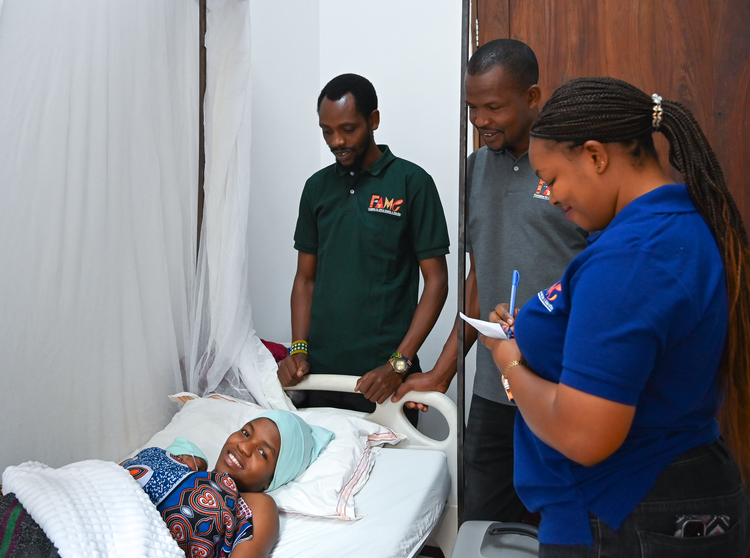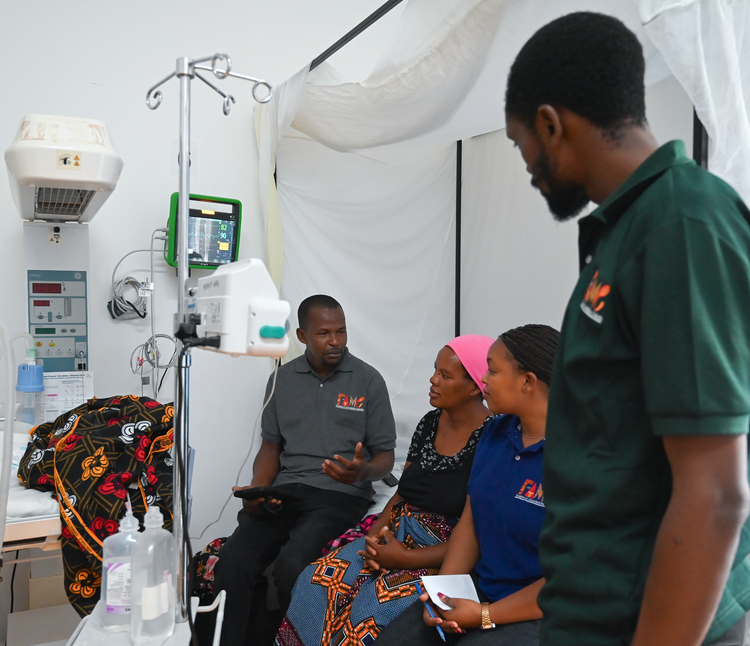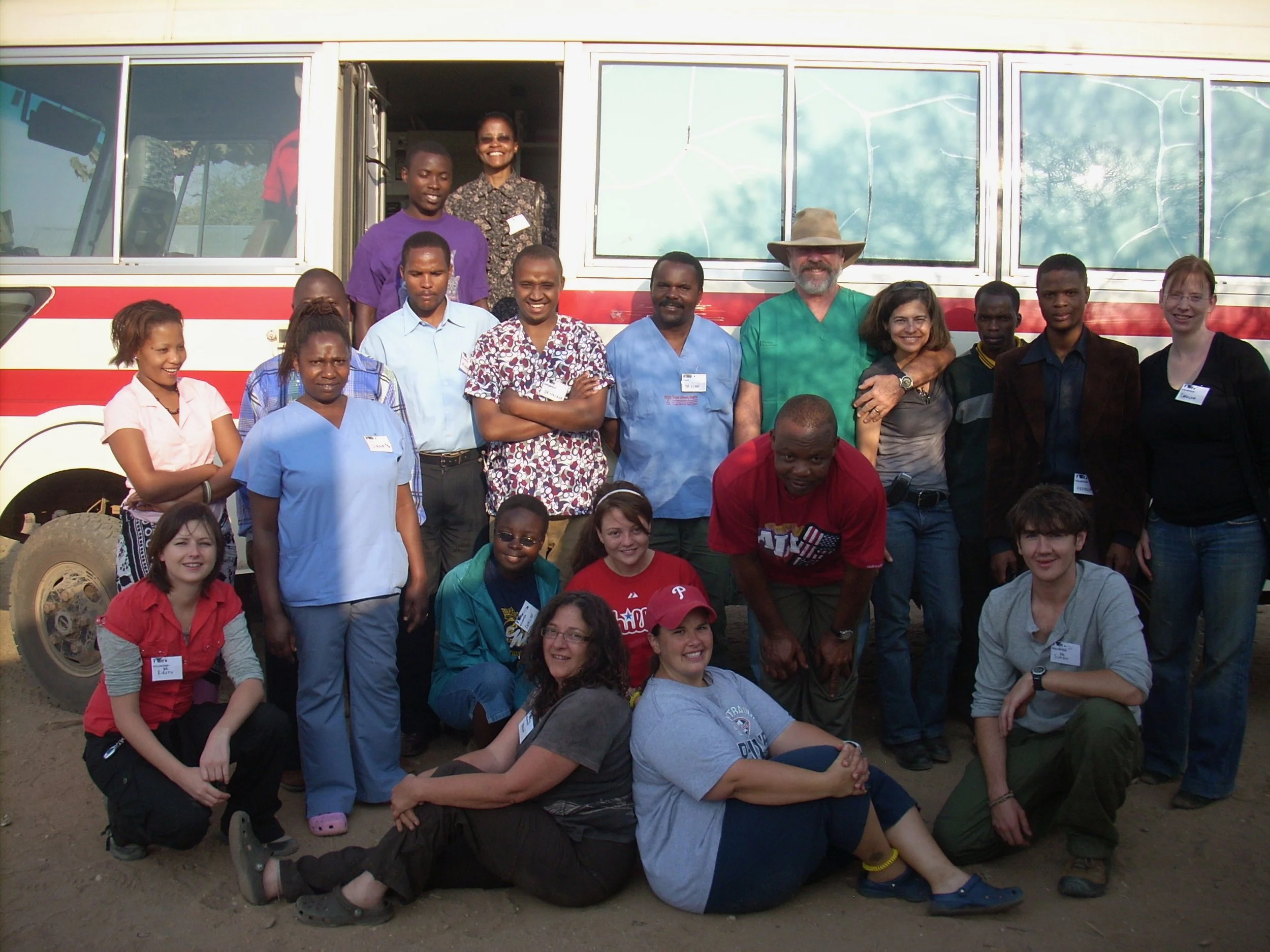
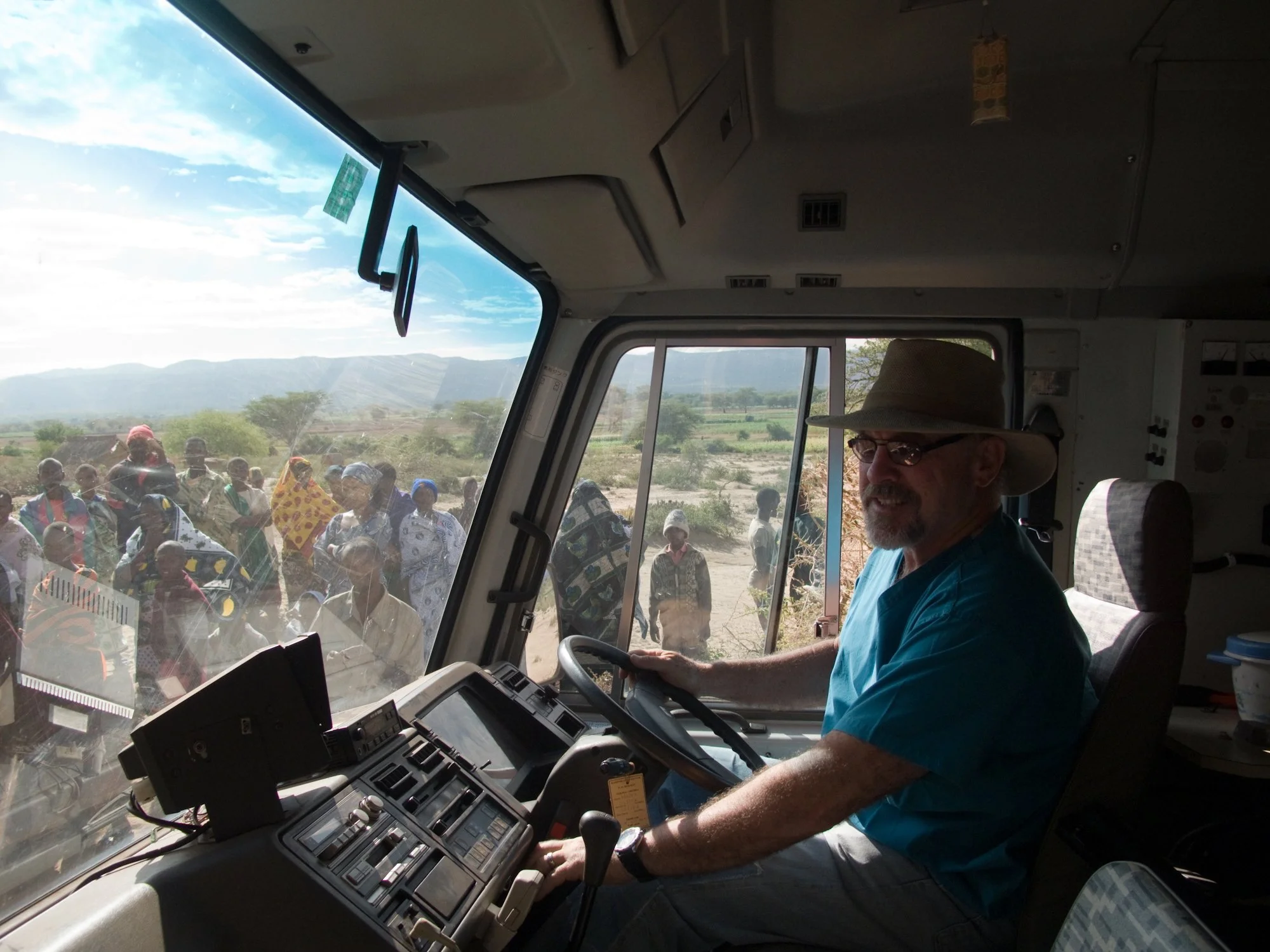
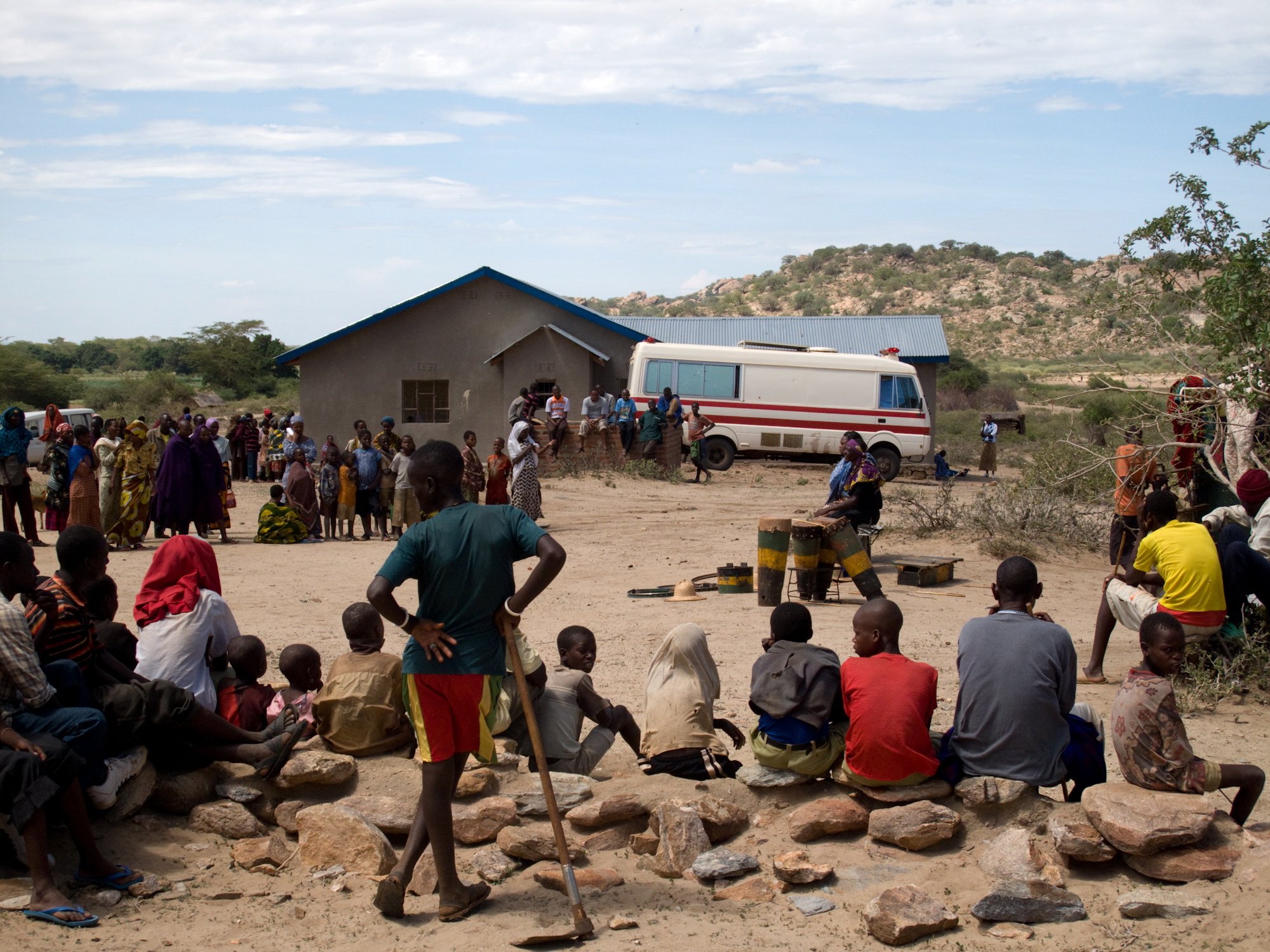
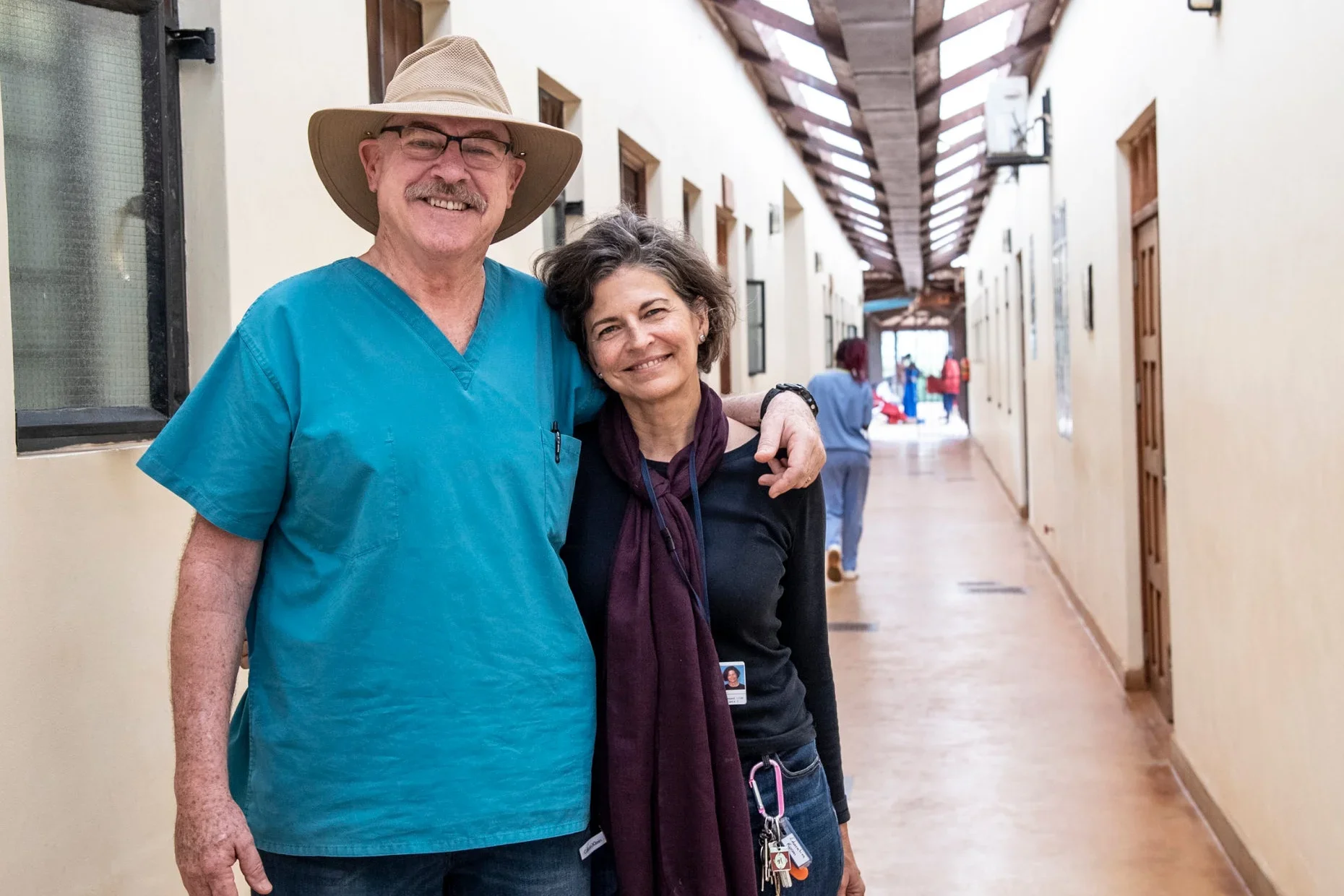
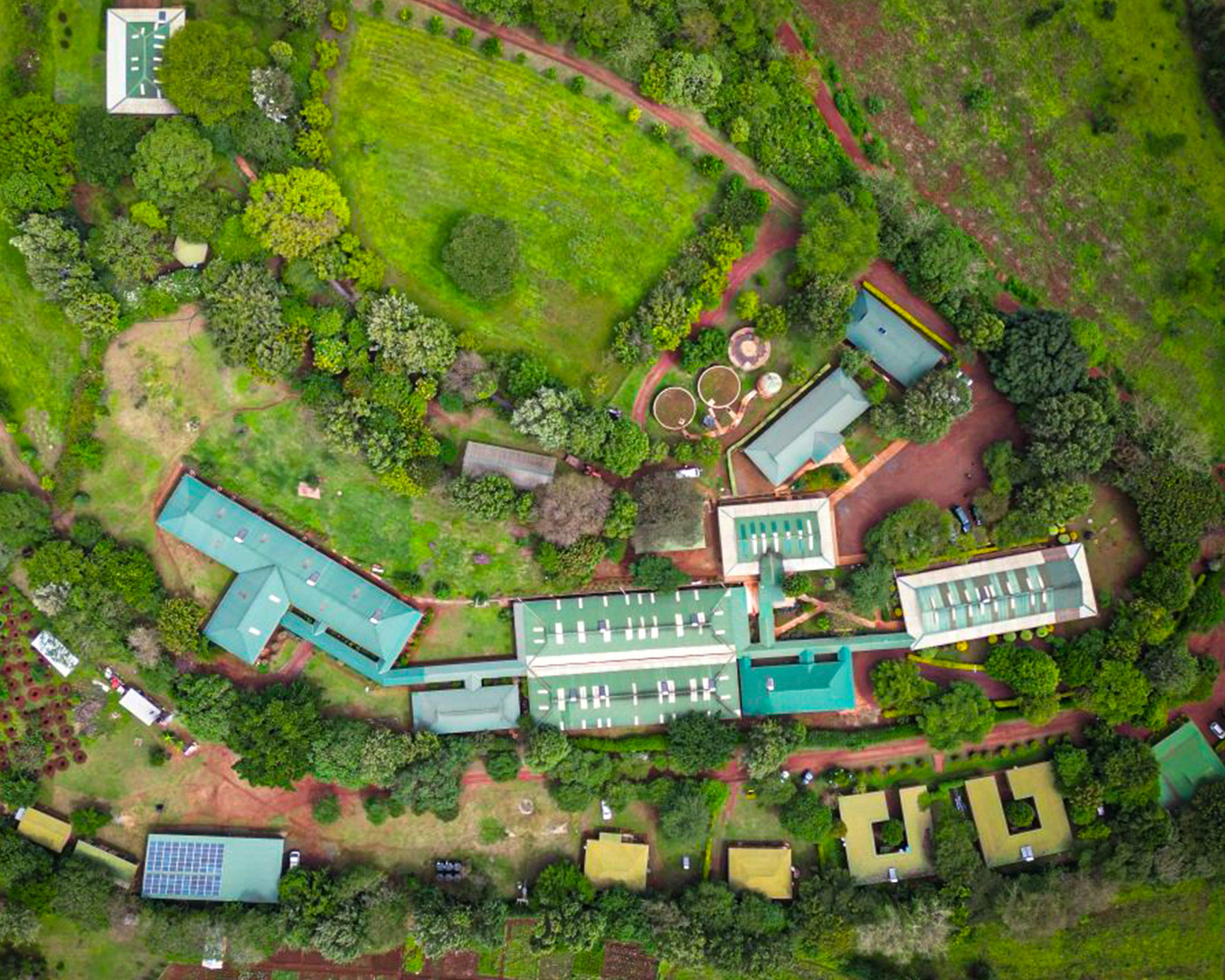
At 64 years old, Mohammed recently underwent a successful surgical procedure at FAME; another milestone in a relationship that stretches back decades. He is not a newcomer to FAME hospital, but someone whose history with FAME began long before the campus existed, in the early days when Dr. Frank and the then much smaller FAME team would conduct mobile clinics in the community.
"I vividly recall when Dr. Frank embarked on his mission here," Mohammed recalled. "I've had the privilege of witnessing the mission evolve from these modest beginnings to the thriving hospital campus it is today," he added, his eyes reflecting a deep sense of admiration. For him, FAME's impact on the rural community in Northern Tanzania is simple and unmistakable: "To be honest, FAME has grown to become an indispensable health facility in our community."
What has stayed with Mohammed most over the years is not just that care is available at FAME, but how it is delivered. He spoke of treatment that feels within reach, of doctors, nurses and staff who lead with love and compassion and of a hospital that treats patients with dignity. He noted the care taken to follow patients closely, to provide medications on time and to offer counseling that supports not only physical healing, but also emotional well-being. The cleanliness of FAME hospital and its peaceful environment, he said, foster a sense of confidence and trust making FAME a place where patient-centered care is not just an idea, but a daily practice that truly supports patient recovery.
Before concluding, Mohammed offered his heartfelt thanks to “This hospital has become a beacon of hope for our community, and for many beyond it,” he said. He also expressed deep appreciation for the volunteers who have shared their time and expertise, noting that their presence reflects a spirit of service that patients feel and remember. Mentioning a recent neurology clinic led by Dr. Michael Rubenstein, Mohammed spoke with sincerity about the compassion that underpins FAME’s work. His gratitude was clear, not just for what FAME has built, but for the care and commitment that continue to define it.
Before he finished, Mohammed had one final thing to say. He expressed his heartfelt gratitude to Dr. Frank and Susan for the vision that brought FAME to Karatu. "This hospital has been a beacon of hope for our community and those beyond," he said. He also extended his appreciation to the volunteers who have dedicated their time and expertise to serving the community. "Their heart-driven mission is a testament to the power of compassion and kindness," Mohammed noted, specifically mentioning a recent neurology clinic led by Dr. Michael Rubenstein from the University of Pennsylvania. Mohammed's words were filled with sincerity and admiration, not just for what FAME has built, but for FAME's unwavering commitment to delivering exceptional care to those in need.

